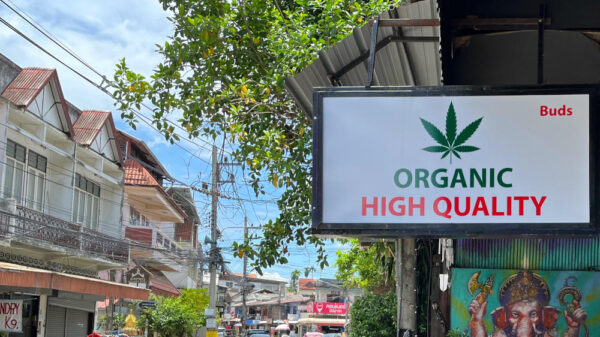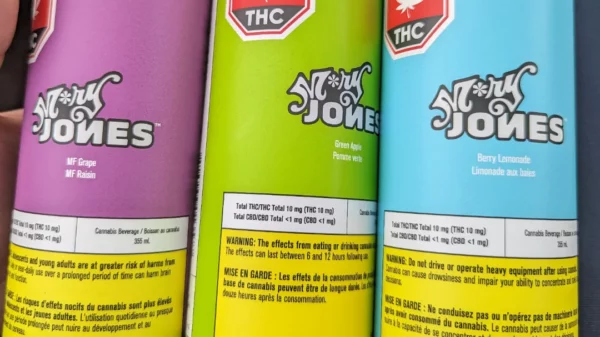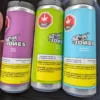Since legalization, the awareness and use of CBD has skyrocketed, and now millions around the world have incorporated it into their wellness routine. However, with such explosive growth also comes risks, as businesses with shoddy manufacturing practices jump on the CBD bandwagon without proper quality controls.
Under the 2018 Farm Bill, the maximum amount of THC that a CBD or hemp product can contain is 0.03%, which is so small that it is unlikely to get you “high.” However, a recent study by National Institute of Standards and Technology (NIST) found that over 90% of tested hemp from five commercial manufacturers contained illegal amounts of THC.
This makes products labeled as legal CBD in fact, federally prohibited as Schedule I controlled substances. That’s why third-party lab testing is crucial to the safety and success of the massive CBD industry.
What Is third-party lab testing?
The Food and Drug Administration, or FDA, does not regulate CBD products. Because of the lack of regulation, manufacturers often produce inferior or illegal CBD products that will not pass quality checks.
Each CBD product should undergo tests at an independent, neutral laboratory. The lab will conduct stringent tests on the product to ensure purity, potency, and most importantly, that the THC levels are indeed under 0.03%.
Whether it is CBD oils, gummies, or pet treats, the lab should provide a cannabinoid profile for each product, ensuring that the THC levels are within legal limit and also specifying the presence of other cannabinoids such as CBN and CBG.
In addition, the lab should test for contaminants such as pesticides, heavy metals, mold, and bacteria to ensure that the product is safe for consumption.
After a series of tests, products that tick all the boxes will be given a Certificate of Analysis (COA). This means that the product has been certified safe for consumption and is within the legal THC limit. Manufacturers should then have the COA readily available and this transparency builds trust and rapport with their customer base.
Each product’s COA should contain:
- The product name and unique identifier
- Name of the lab
- Batch or lot number
- Cannabinoid and terpene profile
- The amount of contaminants such as heavy metals, solvents, microbes, and pesticides
Read more: CBD relieves anxiety better than THC, without paranoia
Read more: CBD injections help reduce osteoarthritis pain in dogs: Innocan Pharma
How can I safely take CBD?
If you’re looking to incorporate CBD into your lifestyle, first, check with your medical professional, especially if you have a pre-existing health condition and are on medication. Then, start with a lower dose and work your way up into your desired dose.
Only buy CBD products from reputable manufacturers that have a Certificate of Analysis for all their products. If you are administering CBD to children or pets, the COA is even more important, as their tolerance to THC is different from that of a healthy adult.












